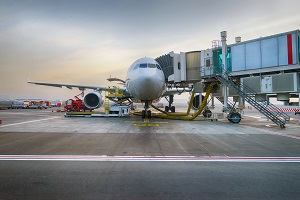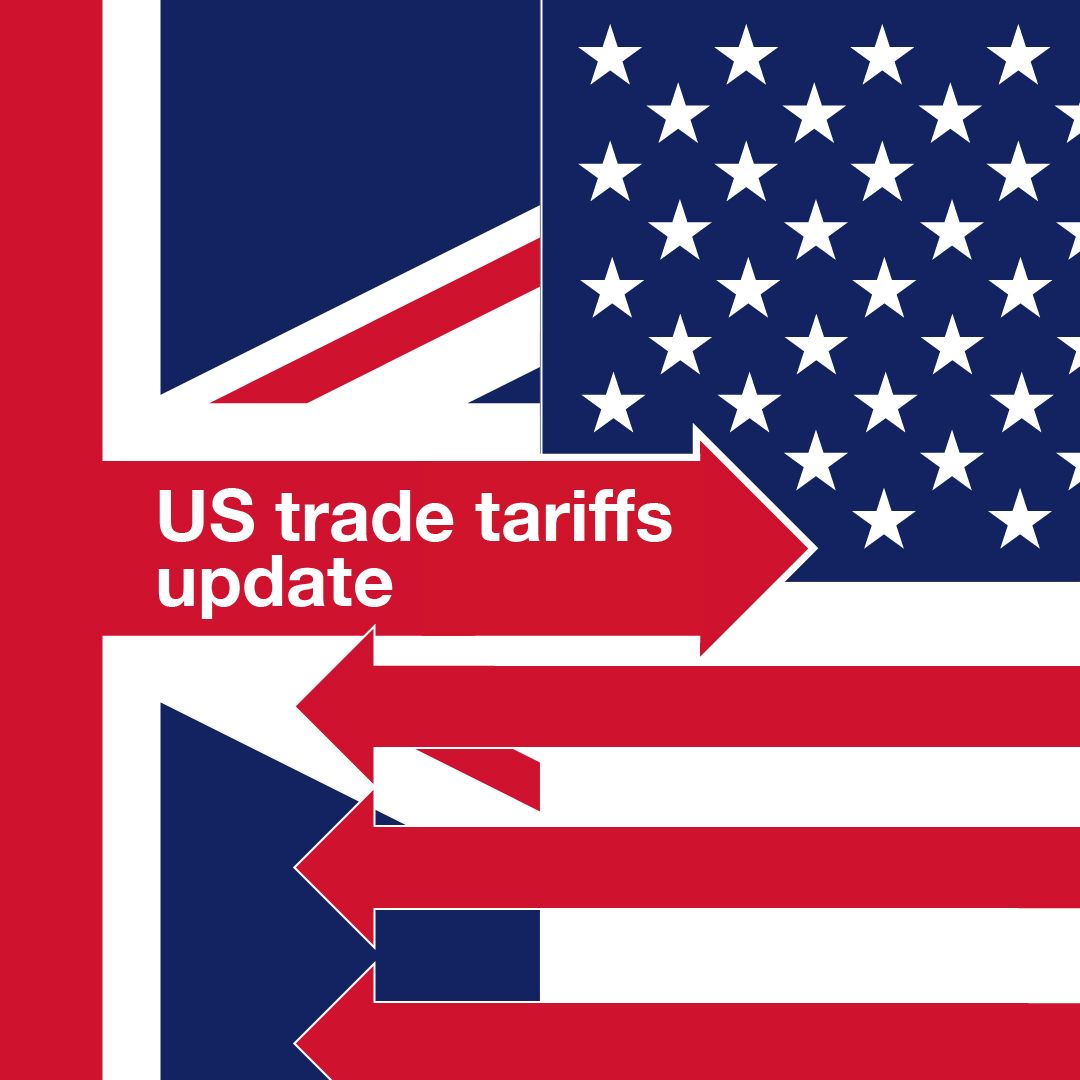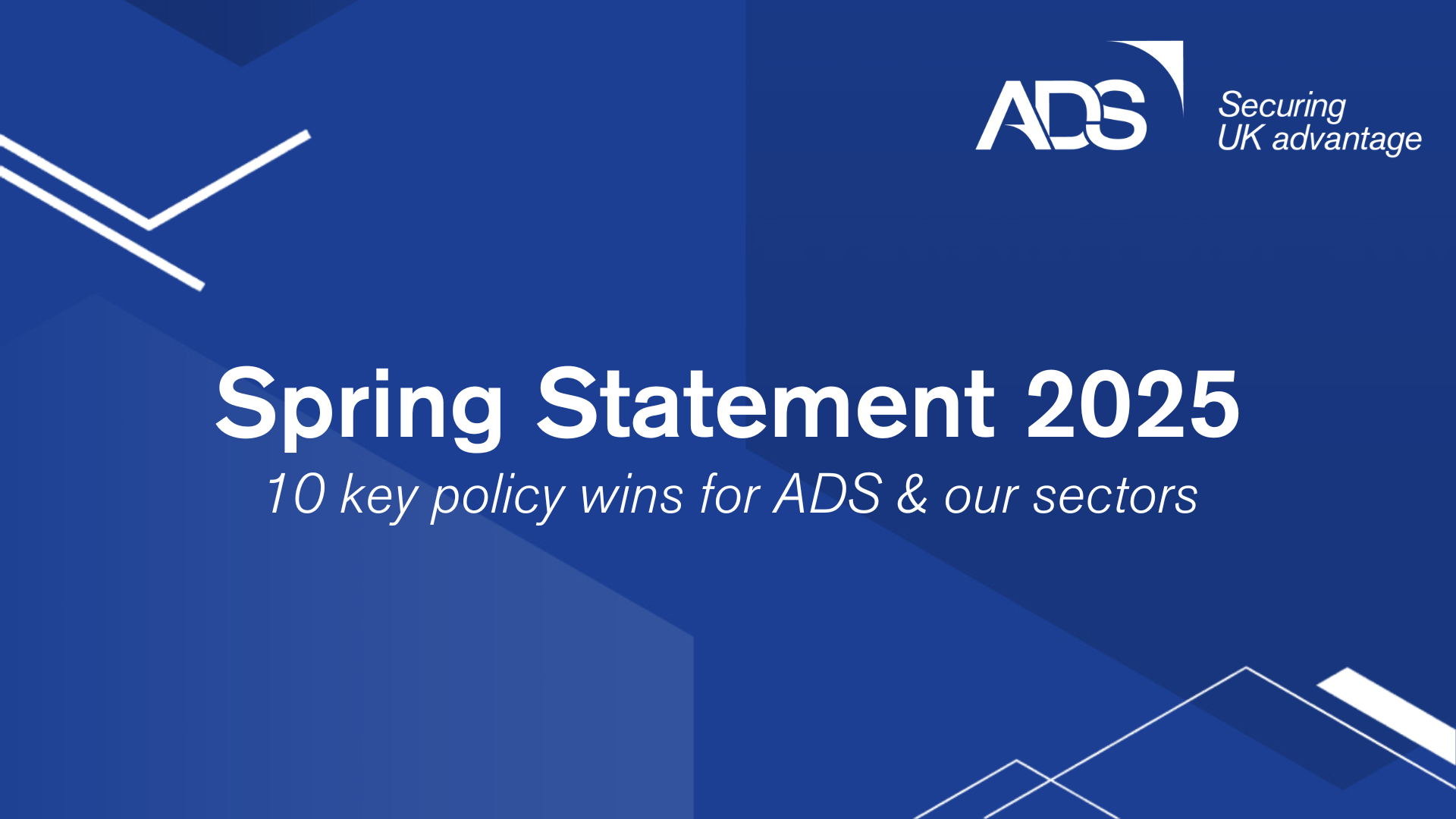
As the date of the UK’s exit from the European Union comes closer without agreement on an orderly withdrawal, more focus is being placed on the potential consequences of a “no deal” Brexit.
This week, the Institute of Economic Affairs (IEA) published a summary of concerns and potential solutions to the risk of no deal on aviation safety resulting in aircraft not being able to fly. The IEA agrees with a wide range of industry experts that in the event of no agreement being reached on new aviation safety arrangements, the risk of aircraft being grounded in March 2019 is real.
In April this year, the European Commission issued guidance to stakeholders outlining the impact of a UK withdrawal from the EU with no deal in place covering aviation. The guidance outlined that two categories of licence and certificate would lose their validity in the event of a no deal Brexit:
- Type certificates issued by the European Aviation Safety Agency (EASA) to holders in the UK; and
- Airworthiness certificates and other licences and certificates issued by authorities of the UK under EASA’s authority.
This would put in jeopardy the crucial approvals of aircraft components, aircraft permits to fly and approvals for personnel – such as pilots’ licences. Without these valid approvals and certifications, aircraft will not be allowed to take-off – not just in the UK, but in Europe and around the world.
The safe air travel enjoyed by millions of global passengers every day is founded on advanced technology and high standards of regulation, training and inspection. Regulatory regimes like those operated by EASA and the Federal Aviation Administration in the US are the gold standard of aviation safety regulation.
The best outcome to Brexit negotiations in the area of aviation safety would be for the UK to continue to participate in EASA, as other non-EU member states do today. The Prime Minister set out this goal for UK negotiations in March this year, while the European Commission has envisaged arrangements including an air transport agreement combined with aviation safety and security agreements.
The IEA also set out continued EASA membership as a “relatively straightforward” solution, with the only alternative to negotiate a bespoke post-Brexit arrangement covering aviation only – but that such a path would likely reduce access to the EU market and prove hard to negotiate.
As the Brexit date moves closer it has never been more important for these complex and pressing issues to be fully examined.
In June, ADS and the General Aviation Manufacturers Association (GAMA) wrote to European Chief Negotiator Michel Barnier to seek the start of technical and contingency planning discussions between EASA and the CAA. To date, these discussions have not been able to start, continuing to increase the potential impact of a no deal scenario on both sides of the English Channel.





